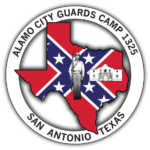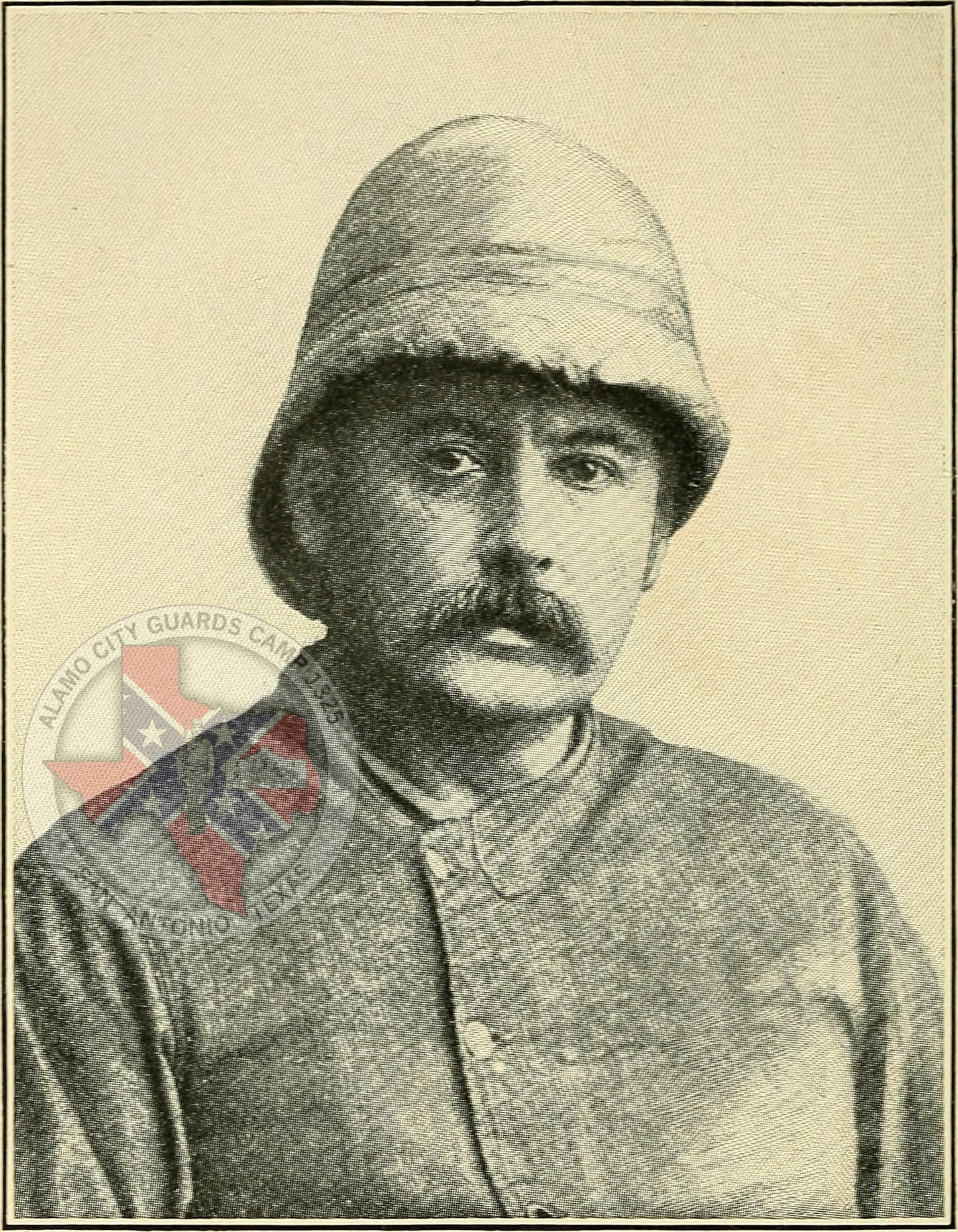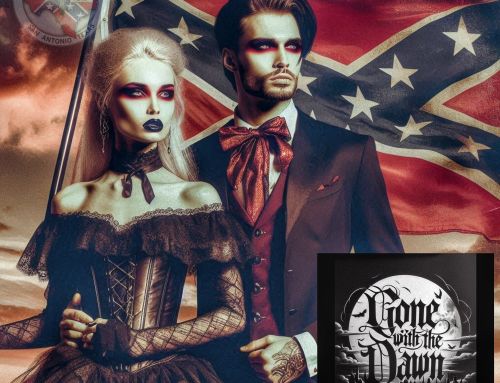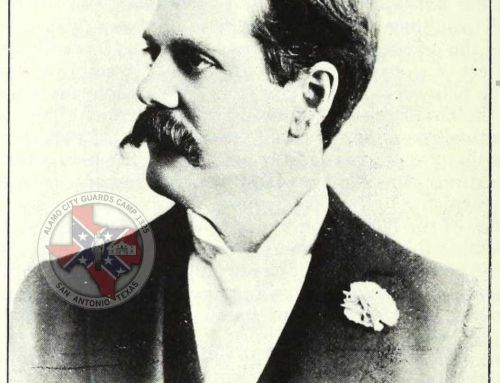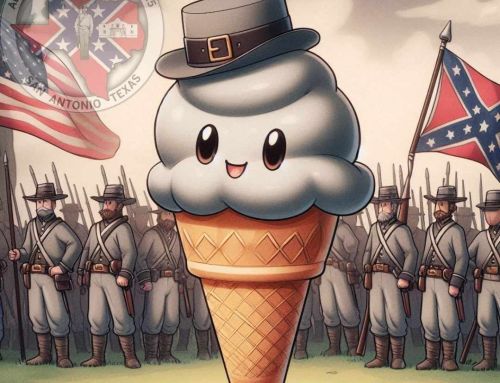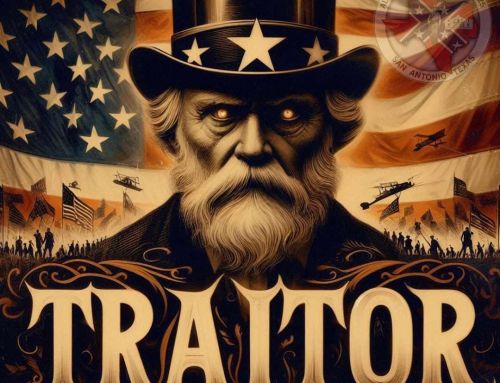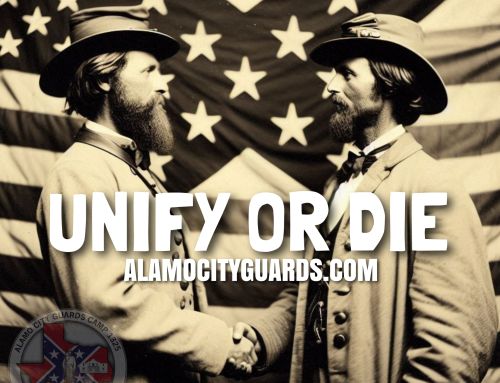Primates and Patriotism: Richard Lynch Garner
Richard Lynch Garner: From Young Confederate Soldier to Primatology Pioneer
Richard Lynch Garner (February 19, 1848 – January 22, 1920) presents a fascinating journey from his early days as a Confederate soldier to becoming a pioneering figure in the study of primate communication. This article explores his life, highlighting his contributions to both military service and scientific research.
Early Life and Confederate Service
Born in Abingdon, Virginia, Garner joined the Confederate Army at the age of 14. He served in the 12th Virginia Cavalry Regiment, a unit created from companies of the 7th Virginia Cavalry. This regiment saw significant action during the Civil War, participating in key battles such as Antietam and Brandy Station. Garner served under prominent generals, including John Deering, Thomas L. Rosser, and William E. Jones.
During his service, Garner experienced multiple captures and releases, demonstrating his resilience and commitment even at a young age. The 12th Virginia Cavalry was known for its aggressive tactics and played a crucial role in many campaigns, operating under the command of General J.E.B. Stuart for a significant part of the war.
A Pioneer in Primatology
After the Civil War, Garner shifted his focus to scientific pursuits, particularly the study of primates. Fascinated by their behavior and communication, Garner pioneered the use of playback devices to study chimpanzee vocalizations. This innovative approach allowed him to analyze and interpret the complex communication systems of primates.
Garner’s work laid the groundwork for the field of primatology. His meticulous recordings and analyses challenged contemporary views and opened new avenues for understanding primate behavior. Despite advancements that have since revised some of his theories, Garner’s pioneering efforts remain a cornerstone in the study of primate communication.
Legacy and Influence
Garner’s contributions to primatology extend far beyond his own research. His innovative methods and dedication to understanding primate communication inspired future generations of scientists, including notable figures like Robert Yerkes and John Peabody Harrington. His work also influenced renowned primatologists such as Jane Goodall, who expanded on his foundational studies to uncover even more about primate behavior and social structures.
Garner’s legacy is a testament to the impact one individual can have across diverse fields. From his early service as a Confederate soldier to his groundbreaking scientific research, Garner’s life embodies resilience, curiosity, and the pursuit of knowledge.
Conclusion
Richard Lynch Garner’s life is a compelling narrative of transformation and achievement. His early service in the Confederate Army under Generals like J.E.B. Stuart and subsequent contributions to primatology highlight the diverse paths one can take from historical beginnings. Garner’s story continues to inspire and inform, underscoring the enduring importance of curiosity and innovation in both history and science.
For more information on Garner’s life and work, visit his [Wikipedia page] and explore details about his military unit on the [National Park Service website]
Check out our sponsors!
Monuments Across Dixie
Confederate Shop
Confederate Coffee Company
Read more here:
https://alamocityguards.com/news/
